
The Half-Life of Facts
Why Everything We Know Has an Expiration Date
From THE HALF-LIFE OF FACTS by Samuel Arbesman. Summarized by arrangement with Current, a member of Penguin Group (USA) LLC, a Penguin Random House Company.
ISBN: 9781591844723
Pages: 256
Read offline
Recommendation
For decades, doctors and athletes appeared in print ads vouching for cigarettes. As a result, many people came to believe that smoking was beneficial. Now, everyone understands its dangers. That’s how fleeting knowledge can be. In this fascinating explanation of how “facts” come and go, mathematician Samuel Arbesman details why much of what people know to be true today will turn out to be false tomorrow. He offers thought-provoking ideas, theories and scientific findings to explain the impact of his main point: facts have a dwindling lifespan. getAbstract recommends his rundown on why information expires to people who want to be in the know – even when what they know tonight may be wrong by morning.
Summary
About the Author
Applied mathematician and network scientist Samuel Arbesman was a senior scholar at the Ewing Marion Kauffman Foundation. Currently, Arbesman is a senior adjunct fellow of the Silicon Flatirons Center for Law, Technology and Entrepreneurship at the University of Colorado, and an associate of the Institute for Quantitative Social Science at Harvard University.









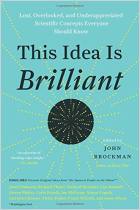
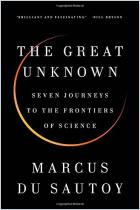

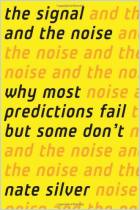
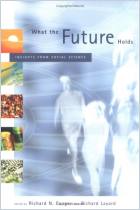
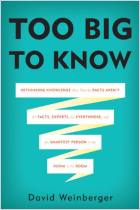

Comment on this summary or Начать обсуждение